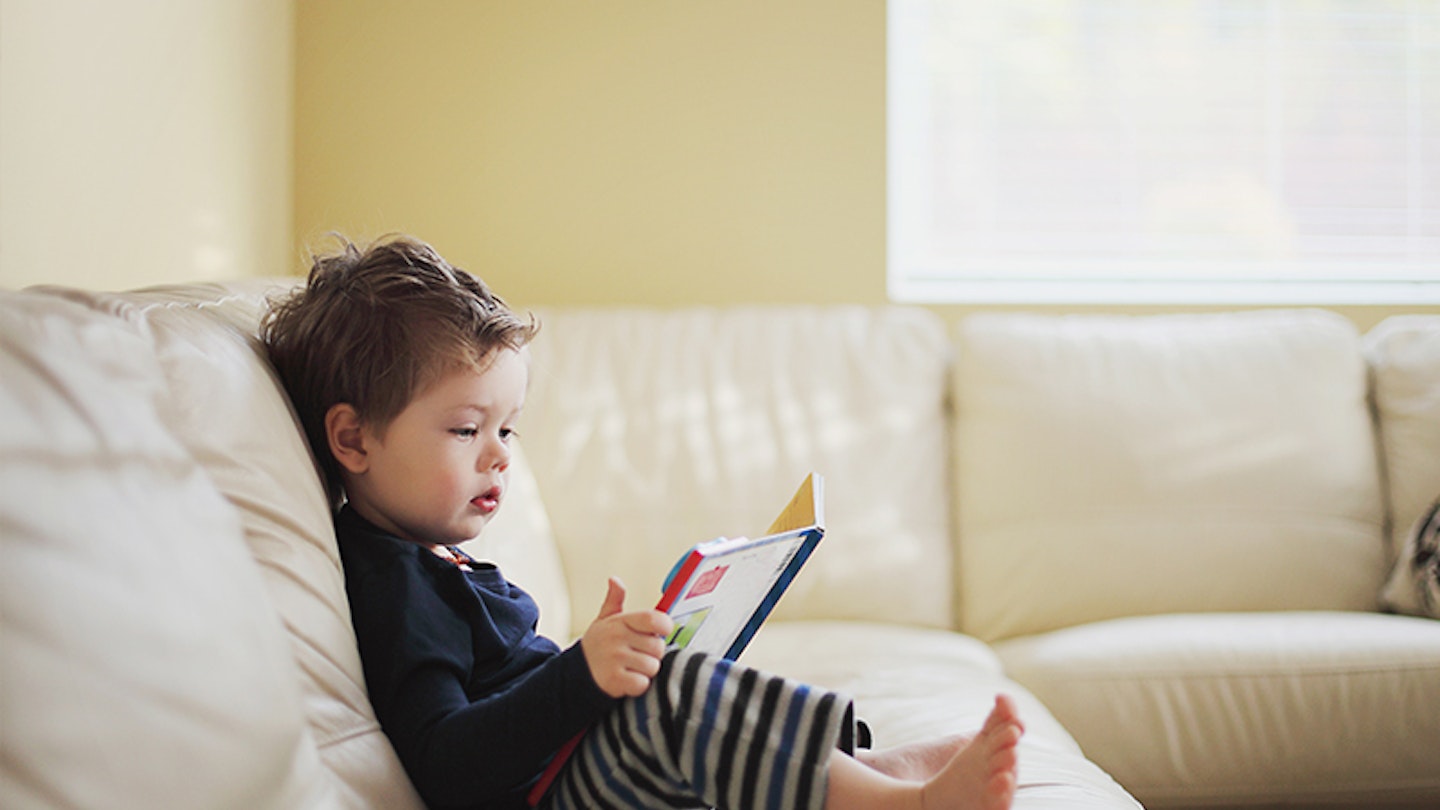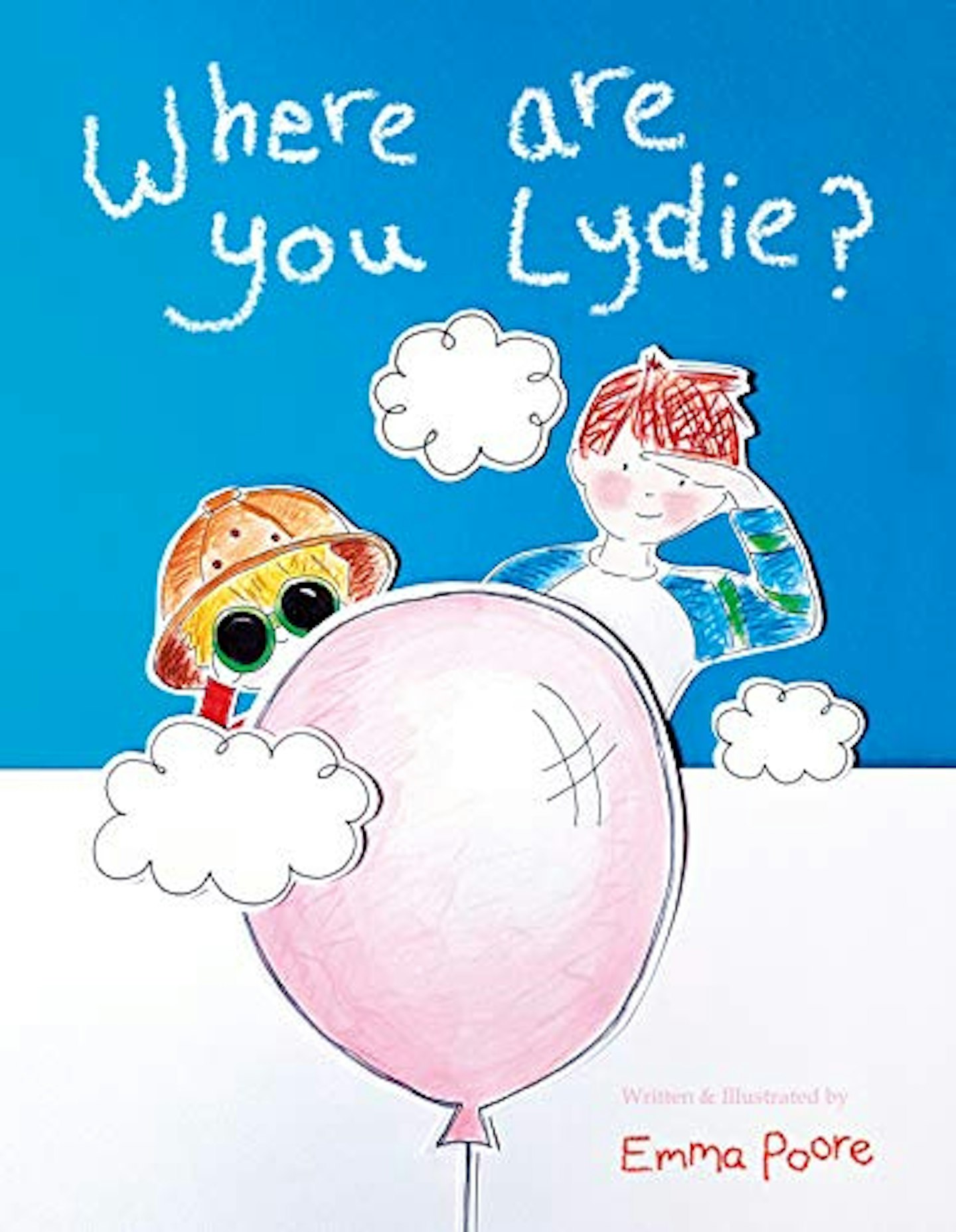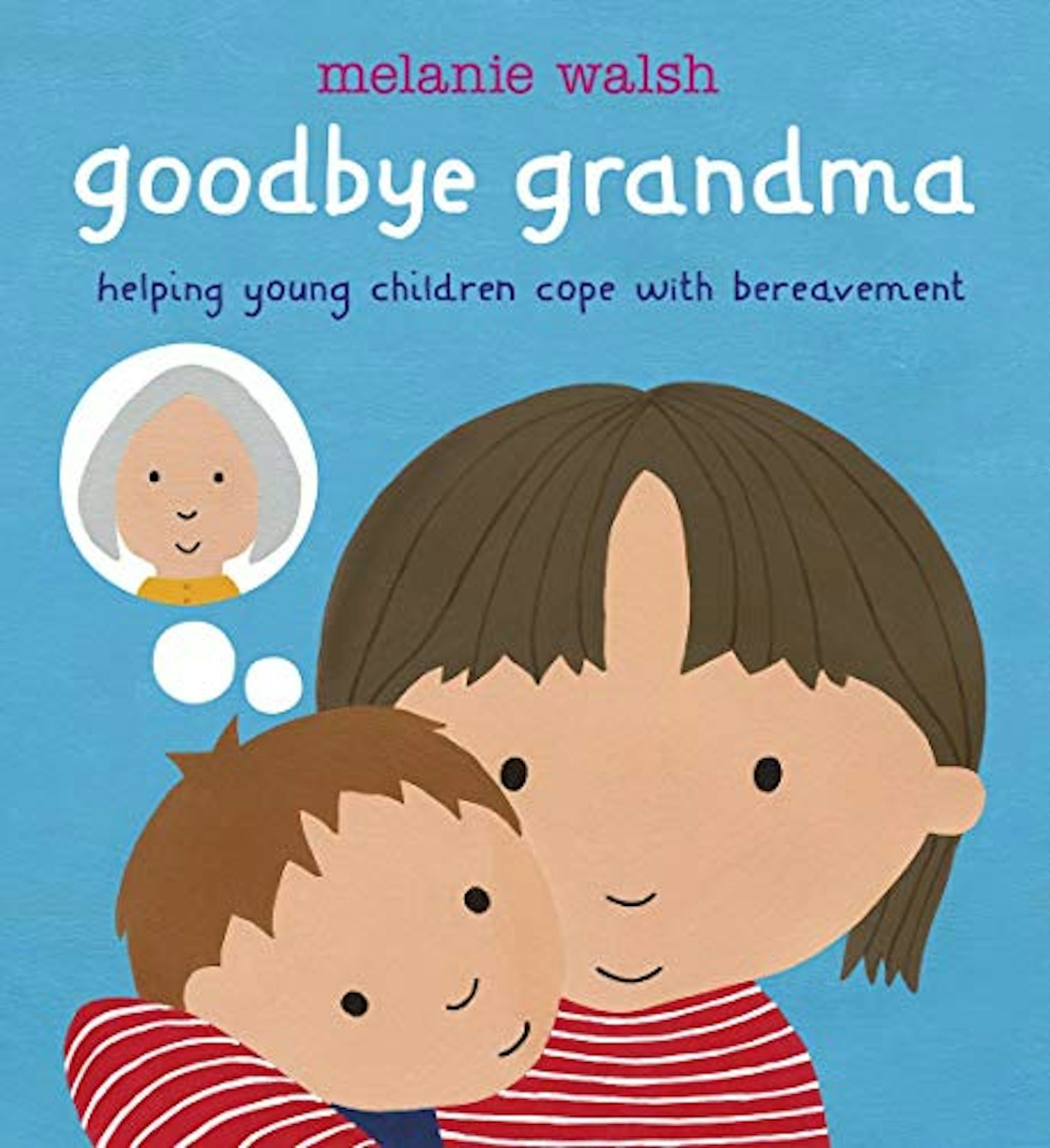Some of the best children's books aren't just there for enjoyment, but they can support with education, with some books about death helping children to learn about loss and how to cope with it. In fact, there are also many children's books about death that can help our little ones cope with bereavement.
When somebody dies, it can be really difficult to navigate discussions of grief and death with our children. We may fear upsetting or frightening them or losing control of our own emotions in front of them. In fact, child psychologists agree that it’s healthier to be open about bereavement and death than to hide everything away.
We spoke to Dr. Patricia Britto, who said: "Children cope with grief in varied ways, often influenced by their developmental stage, understanding of death, and the support they receive. Some may express their feelings through play or art, while others might withdraw or act out. It's important to remember that their coping mechanisms can differ significantly from adults, and they may revisit their grief at different stages of their life, says Dr. Patricia Britto.
Helping children with loss involves being honest, using age-appropriate language, and providing consistent support. Encourage them to express their feelings, whether through talking, drawing, or other creative outlets. Maintain routines to give them a sense of stability, and let them know it's okay to feel a range of emotions. Above all, offer a listening ear and be patient with their process.
A child's reaction to loss can vary widely. They might experience sadness, confusion, anger, or even guilt. Younger children might not fully grasp the permanence of death, leading to questions or behaviors that seem unusual. Older children might struggle with more complex emotions, such as anger or fear about the future. It's crucial to understand that these reactions are normal and provide the appropriate support, says Dr. Patricia Britto
Grief in children differs from adults in its expression and processing. Children may not have the words to articulate their feelings and might instead show their grief through behaviors, such as regressing to earlier developmental stages, acting out, or becoming unusually quiet. Unlike adults, children's grief can be more cyclical, with emotions resurfacing as they grow older and understand more about death.
You should seek professional help if a child's grief leads to prolonged or severe symptoms, such as persistent sadness, withdrawal, changes in eating or sleeping habits, or self-destructive behaviors. Additionally, if they struggle to return to their normal activities or show signs of anxiety or depression, it’s important to consult a mental health professional who specializes in child bereavement. Early intervention can prevent long-term emotional difficulties.", says Dr. Patricia Britto.
Children's books to help with bereavement at a glance:
The best children's books about death overall: Badger’s Parting Gifts by Susan Varly - Buy now on Amazon
The best children's books about sibling loss: Where Are You Lydie? By Emma Poore - Buy now on Amazon
The best lift-the-flap children's books about death: Goodbye Grandma by Melanie Walsh - Buy now on Amazon
One of the most constructive ways to open up this kind of conversation, and to demystify death, is by having a few children's books about death in your bookcase. Fortunately, there are lots of beautiful stories, new and old, about loss, grief and the process of life and death.
The best children's books about death overall
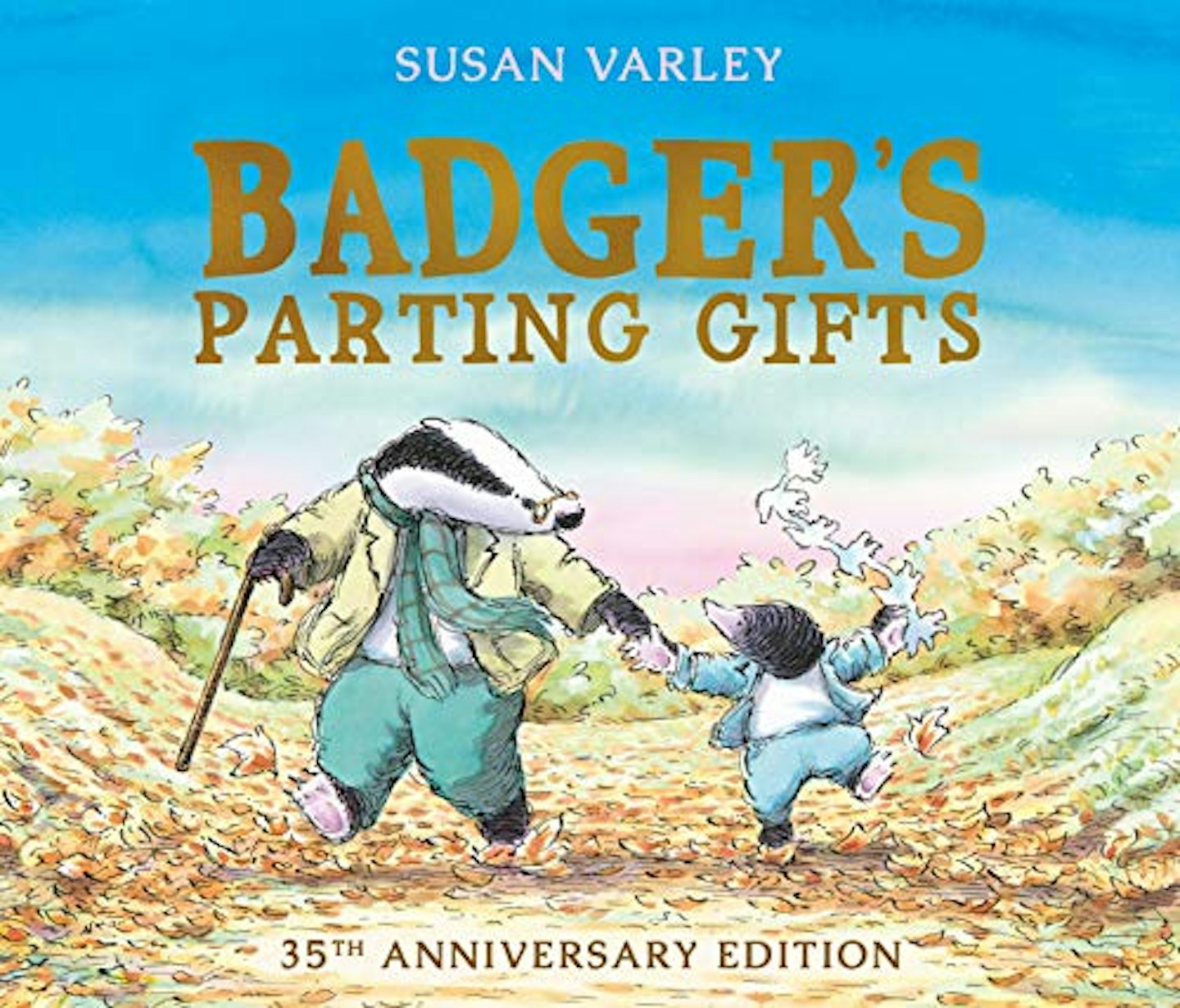
One of the most celebrated children's picture books about grief, Badger's Parting Gifts discusses death and bereavement explicitly, but through animal characters. Badger is old and will die soon. He isn’t afraid, but he worries about how his friends will cope. At first, they are distraught, but gradually they come to remember all the things Badger taught them and realise that he lives on in their memories. For many children, a story about bereaved animals is more acceptable than human characters, while teaching the same comforting message.
Pros
The best children's books about sibling loss
Recommended by The Miscarriage Association, Child Bereavement UK, Shooting Star Children’s Hospices and Marie Curie, Where Are You Lydie? helps children understand bereavement and loss. Written by mum Emma who tragically lost her baby girl Lydie nine years ago, this book is written for young children about childhood loss, as she aimed to help her own children through the loss of their sibling.
The best lift-the-flap children's books about death
This colourful, lift-the-flap children's book about death is aimed at toddlers, though pre-schoolers may find it reassuring, too. A little boy hears that his grandma has died, but he doesn’t really understand what death means. He asks his mum important questions about death and bereavement – such as ‘Where do we go when we die?’ - and gets clear answers. Goodbye Grandma is a good starting point for tricky conversations.
The best simplistic children's books about death
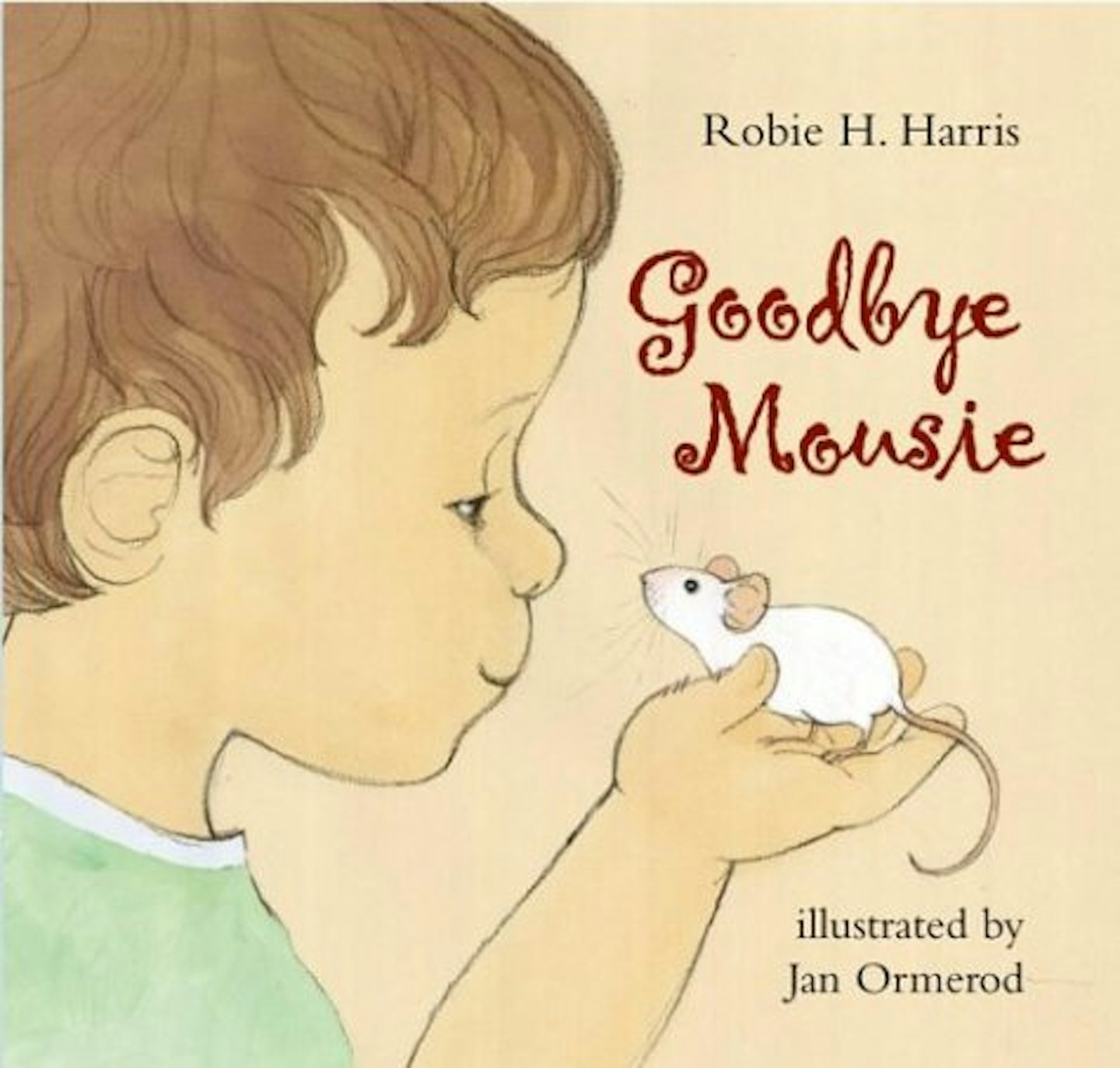
One morning a boy finds that his pet, Mousie, won't wake up. At first, the boy can’t believe it. He gets angry and then sad. But by talking about Mousie, burying Mousie in a special box, and saying good-bye he begins to come to terms with the loss. Goodbye Mousie explores a range of normal feelings, and healthy ways of dealing with death, in simple child-friendly terms. It also contains good advice from Child Bereavement UK.
Recommended
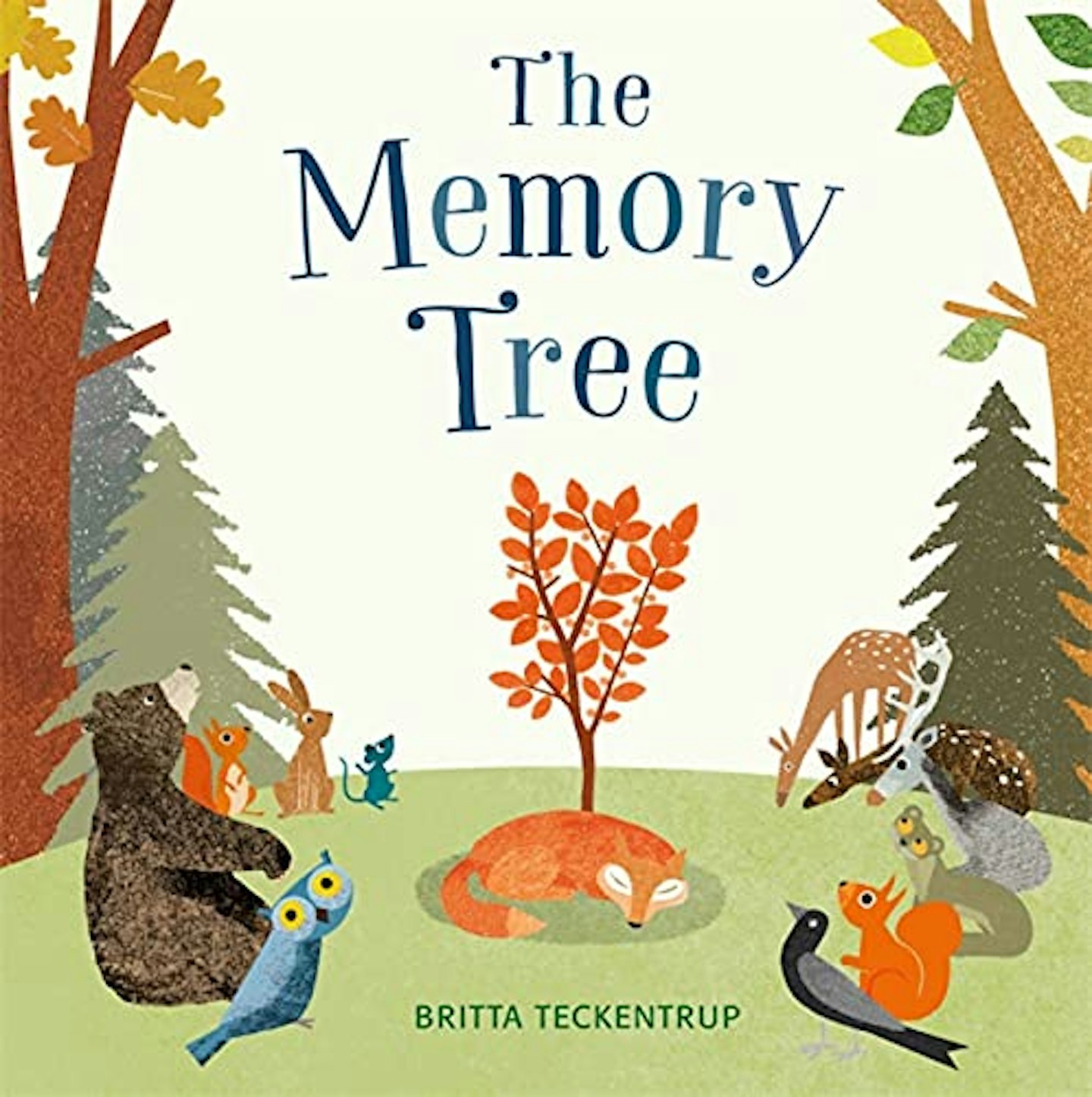
When Fox lies down and dies in the forest, his friends gather around him and one by one the special moments that they shared with Fox. As they do so, a tree begins to grow, becoming stronger and taller with each memory, sheltering and protecting all the animals, the way Fox did when he was alive. The Memory Tree is a gentle, soothing picture book about celebrating loved ones and feeling their presence even after they have gone.
Recommended
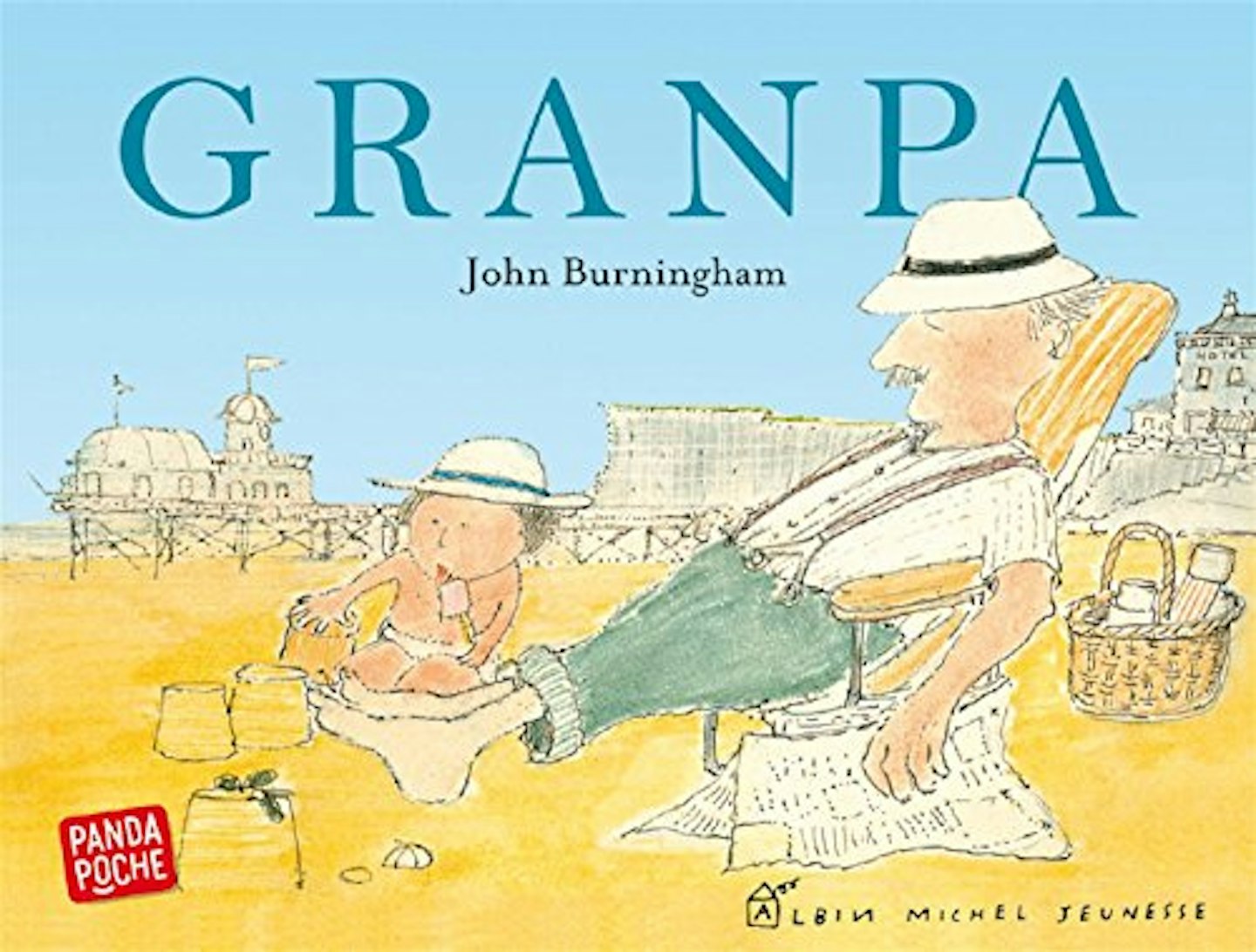
Granpa is a classic story about a devoted grandfather and his special bond with his granddaughter. Unlike many other books about loss, it infers his death rather than discussing it head-on – with a page showing Granpa’s empty armchair and the little girl looking sad. It may sound counter-intuitive, but for some children, this visual may make for a more organic discussion than a direct description of a grandparent’s death.
Recommended
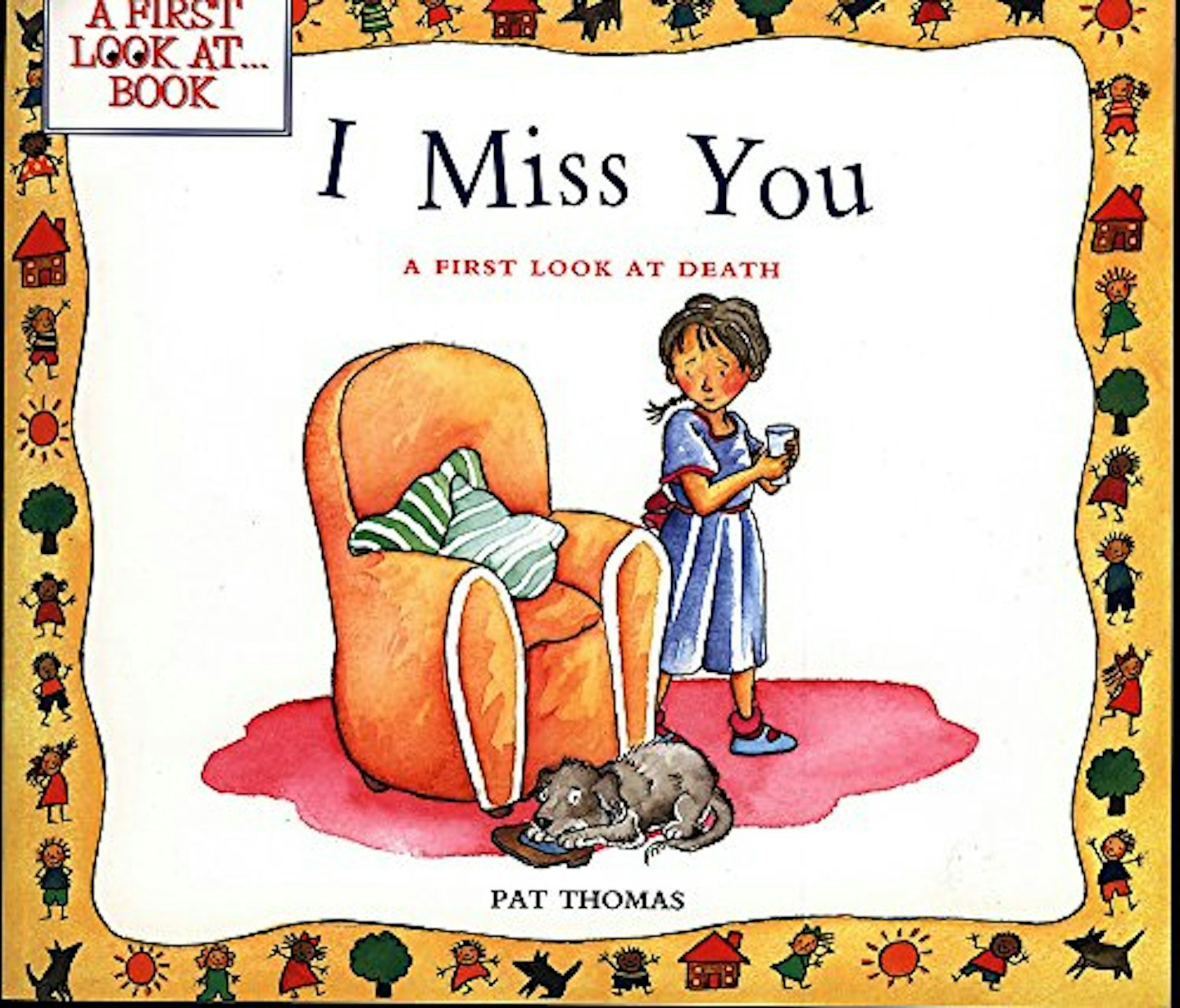
I Miss You is by a psychotherapist and counsellor, so it’s great if you’re feeling overwhelmed yourself and want clear pointers on guiding your child through their grief. It focuses on helping bereaved children to express their feelings and promotes positive interaction among children, parents, and teachers. The advice to parents at the end of the story, on managing your child’s loss alongside your own, is also really constructive.
Recommended
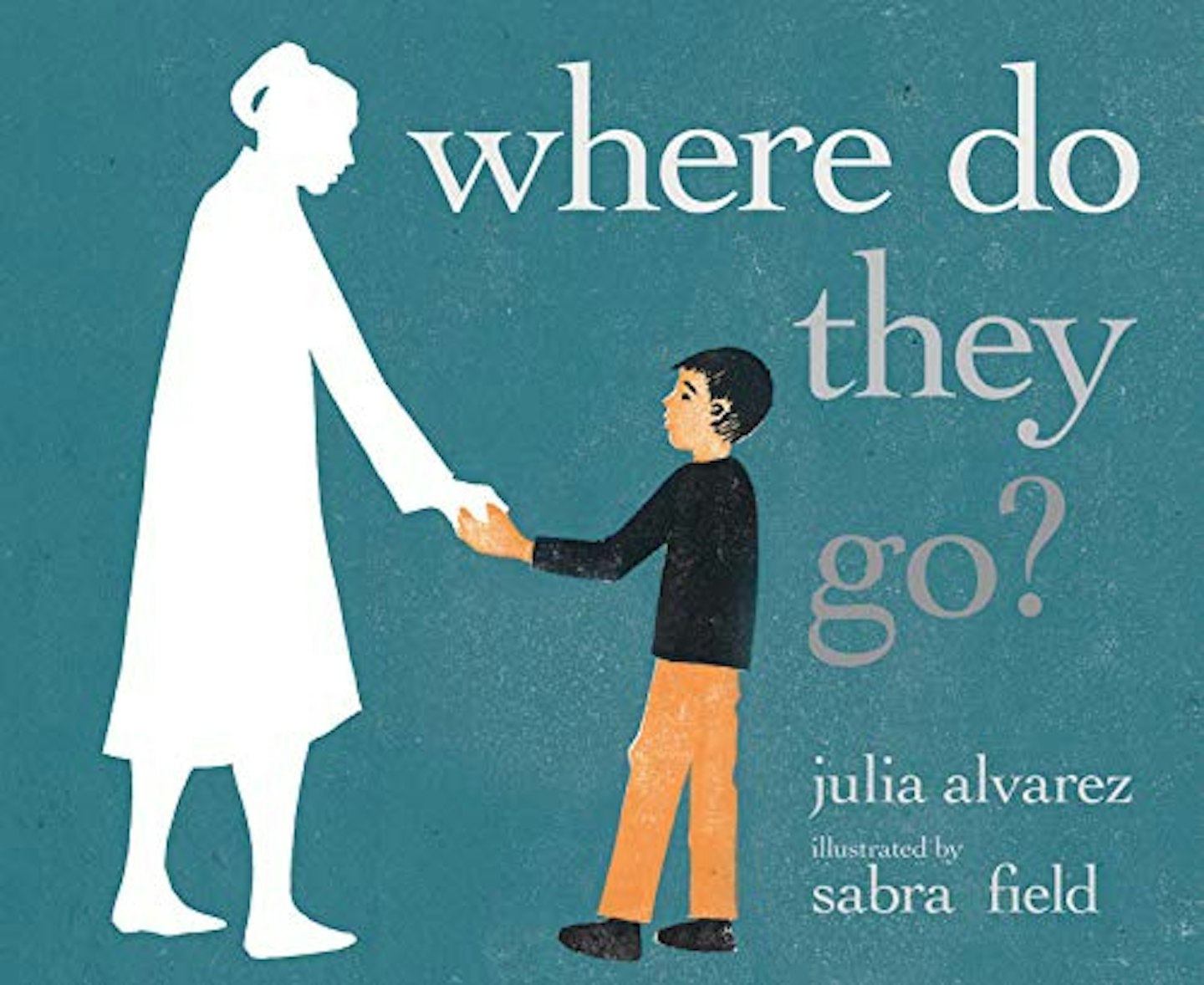
“When somebody dies, where do they go? / Do they go where the wind goes when it blows? … Do they wink back at me when I wish on a star? Do they whisper, ‘You’re perfect, just as you are’?” The poignant Where Do They Go? doesn’t sugarcoat loss, or offer certainty when – frankly – there is none. Instead, via poetry and beautiful illustrations, it meditates on the questions we all ask about loss. This would be a good fit for a sophisticated child who isn’t engaged by some of the more euphemistic books on this list, and finds solace in knowing they aren’t alone in their confusion.
Reccomended
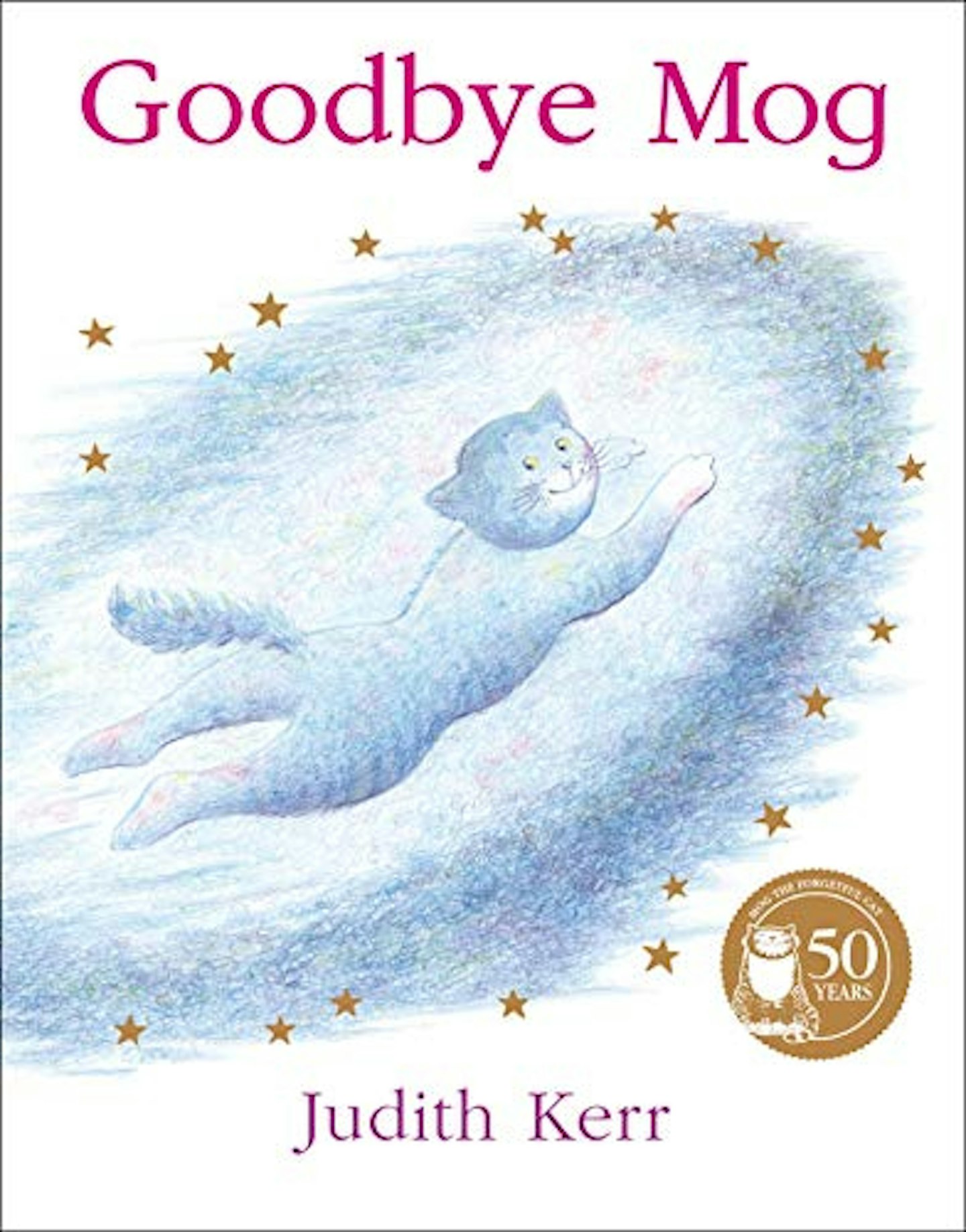
Judith Kerr’s clumsy cat Mog is already a much-loved character, making this book the perfect way to explain a pet’s death to children – especially if they are already a fan of the Mog books. With sensitivity and humour, Goodbye Mog tackles the sadness of losing a pet and offers a reassuring conclusion.
How books can help children cope with bereavement
Emotional outlet: Books can serve as a safe space for children to express their emotions. Characters in the story can model how it's okay to feel sad, angry, or confused when someone they love has died.
Understanding death: Children often struggle to grasp the concept of death. Books written for children can use age-appropriate language and imagery to explain what happens when someone dies. This can help demystify death and make it less frightening.
Normalisation: Reading about characters who have experienced loss can help children feel less alone in their grief. It lets them know that others have gone through similar experiences and that it's a part of the human condition.
Encouraging communication: Books can serve as conversation starters. After reading a book together, parents or caregivers can ask children questions about their feelings and thoughts, which can lead to more open and constructive discussions about the loss.
Meet the expert:
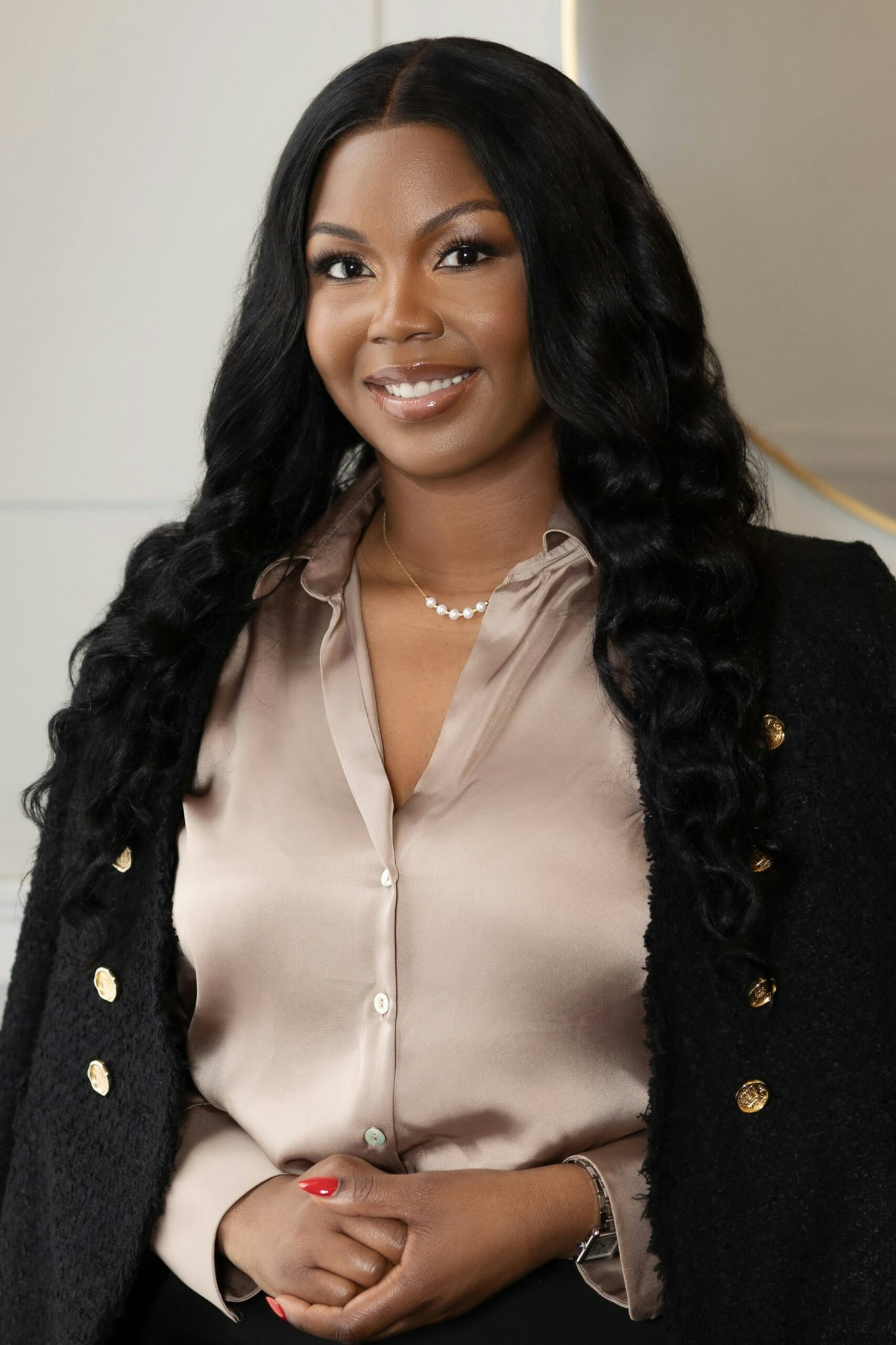
Dr. Patricia Britto is a qualified Educational Psychologist (HCPC Registered) and a mother with practical and research experience. Her qualifications include a Doctorate in Professional Educational, Child and Adolescent Psychology (DEdPsy) from UCL, Institute of Education, an MSc in Mental Health in Learning Disabilities and a BSc in Psychology. Dr Patricia works Independently at the prestigious Harley Street and within Local Authorities Educational Psychology Services to promote children and young people’s (age 0-25) learning and social, emotional and mental well-being. Dr. Patricia offers families, communities, and educational settings support through consultation, individual psychological assessments suitable for children and young people, and systemic work (e.g., training, workshops and organisational psychology support). She empowers parents and professionals to utilise practical solution-focused strategies and better understand how to support children and young people‘s behaviours (e.g., evidence-based parenting and behavioural management techniques) and other experiences such as Emotional-Based School Avoidance, EBSA), mental health difficulties and other special educational, developmental and neurodiverse needs (e.g., ADHD, ASD, Dyslexia and many more). Dr Patricia is on a mission to make a systemic change in the educational system and how children’s mental health needs, learning difficulties and other psychological needs are understood and supported. She hopes to support and inform government policies that would make a systemic change.
How we test and choose recommended products
Our product recommendations are based on a combination of real-world testing from our burgeoning army of mum testers and the extensive knowledge of our experienced editorial team and product specialists. Where we can, we also consult experts who specialise in that field to ensure you get the right advice along with the right product, and we listen to what you say as well.
Our thriving mum community on our Facebook group #mumtribe consistently provides great insights into which products mums like best and why, helping us highlight the products that will meet your needs.
For essential products, our annual Mother&Baby Awards shortlist the top products tested. Full reviews from our mum testers can be found on our product pages. The winners and runners-up for each category will also appear in our top picks article for that product, along with other products that were rated highly by our team.
Emily Gilbert is the Features & Reviews Editor for Mother&Baby and has written for the website and previously the magazine for six years. Specialising in product reviews, Emily is the first to know about all the exciting new releases in the parenting industry.
